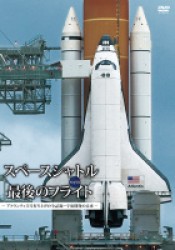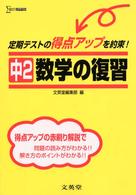- ホーム
- > 洋書
- > ドイツ書
- > Social Sciences, Jurisprudence & Economy
- > Education Science / Pedagogic
- > didactics, methodics, school education
Full Description
Across academia, research on learning and instruction, AI-based analysis, psychology, and education, there is a pressing need for a comprehensive collection of foundations and methodologies related to knowledge. Understanding the state and processes of knowledge often poses a bottleneck in the quality of designs and implementations.







